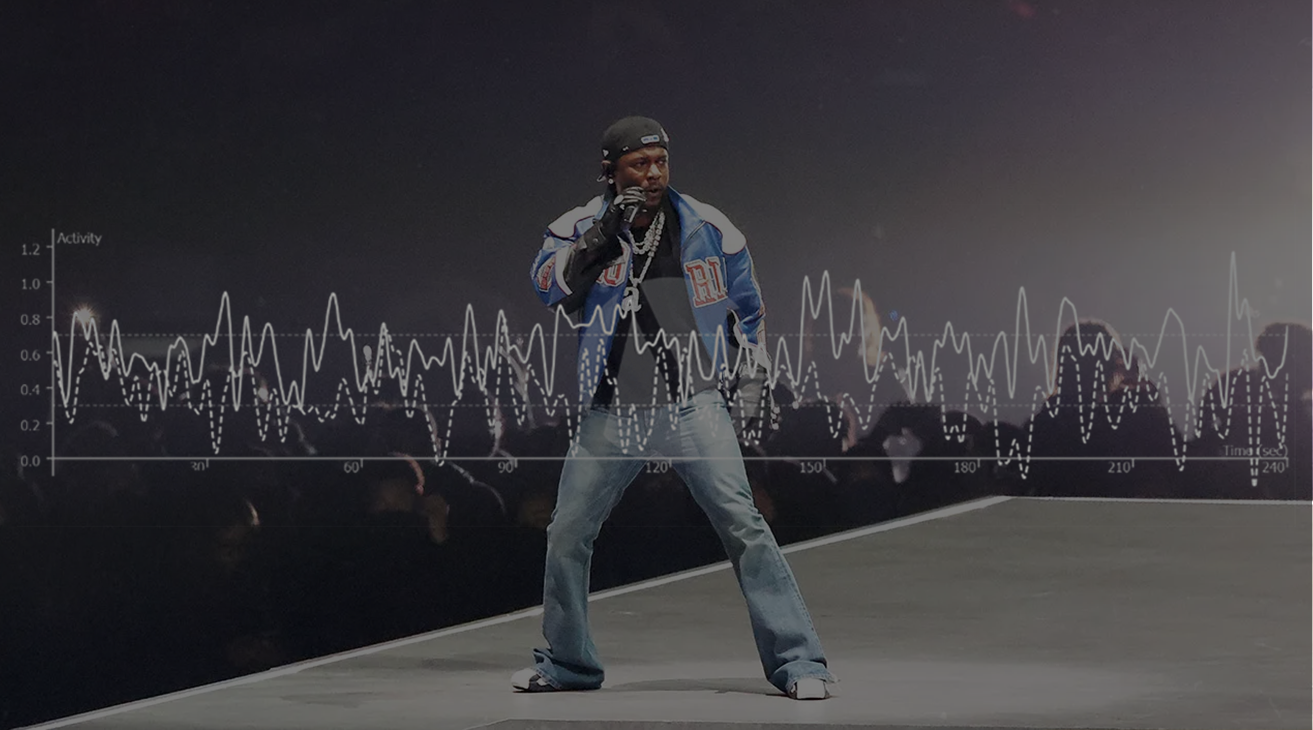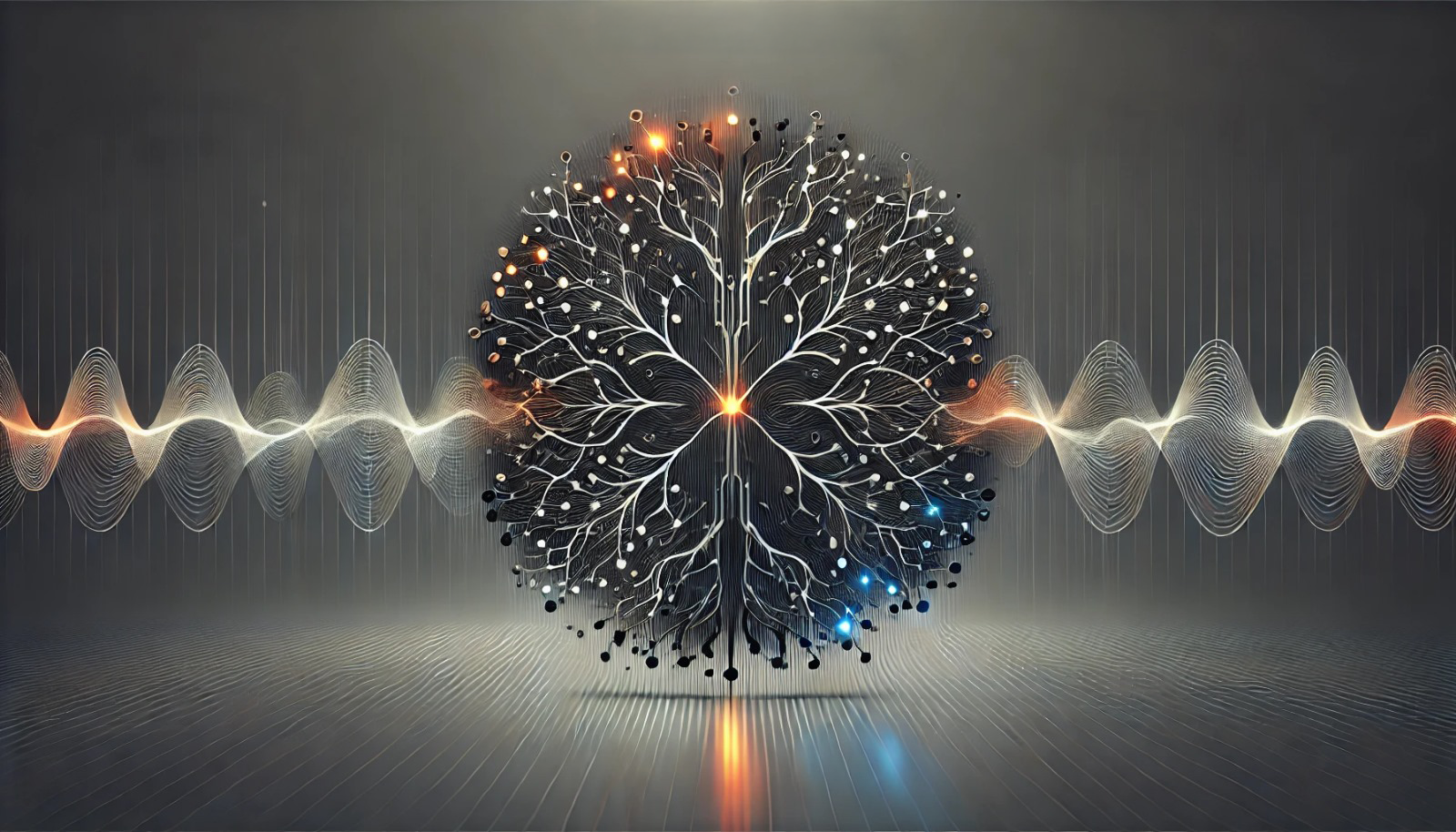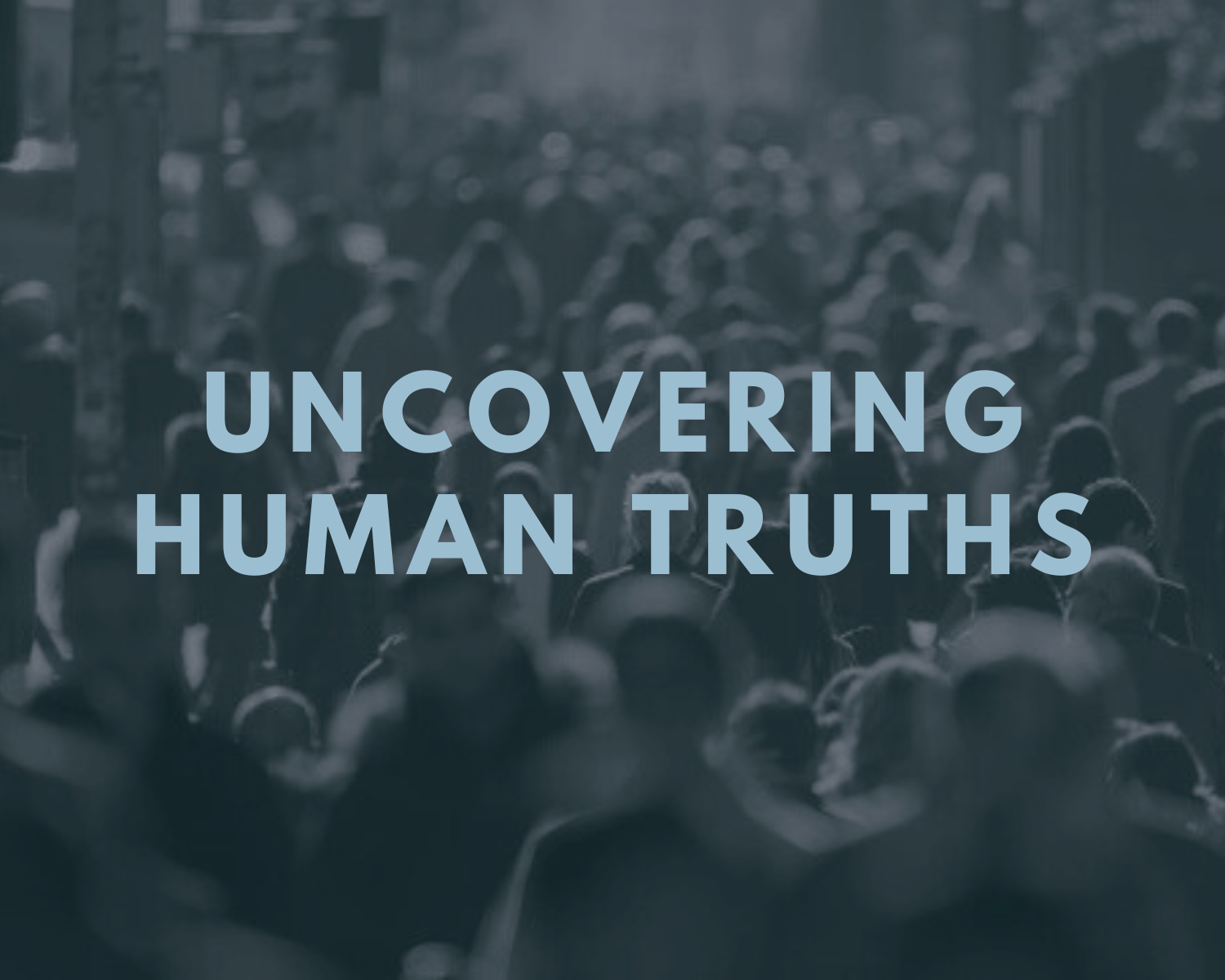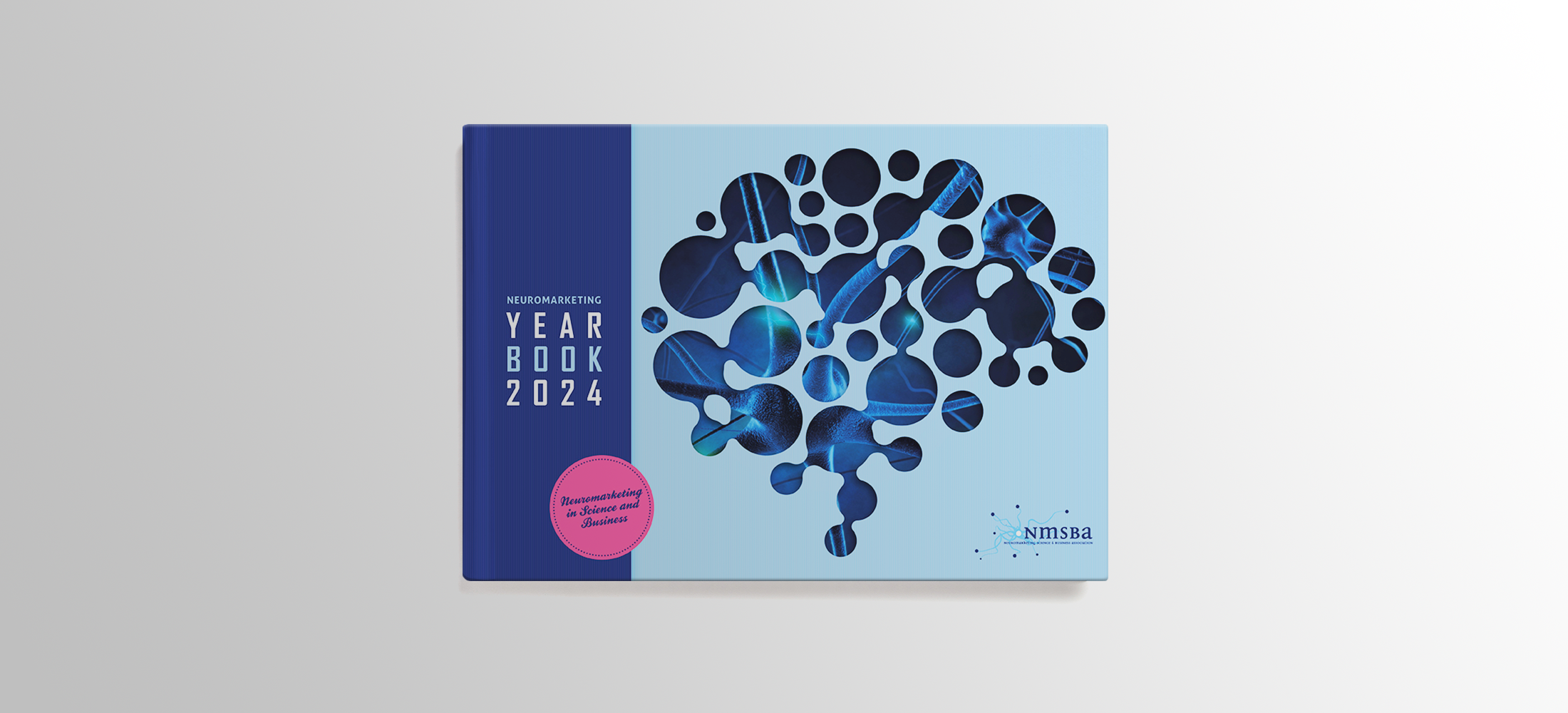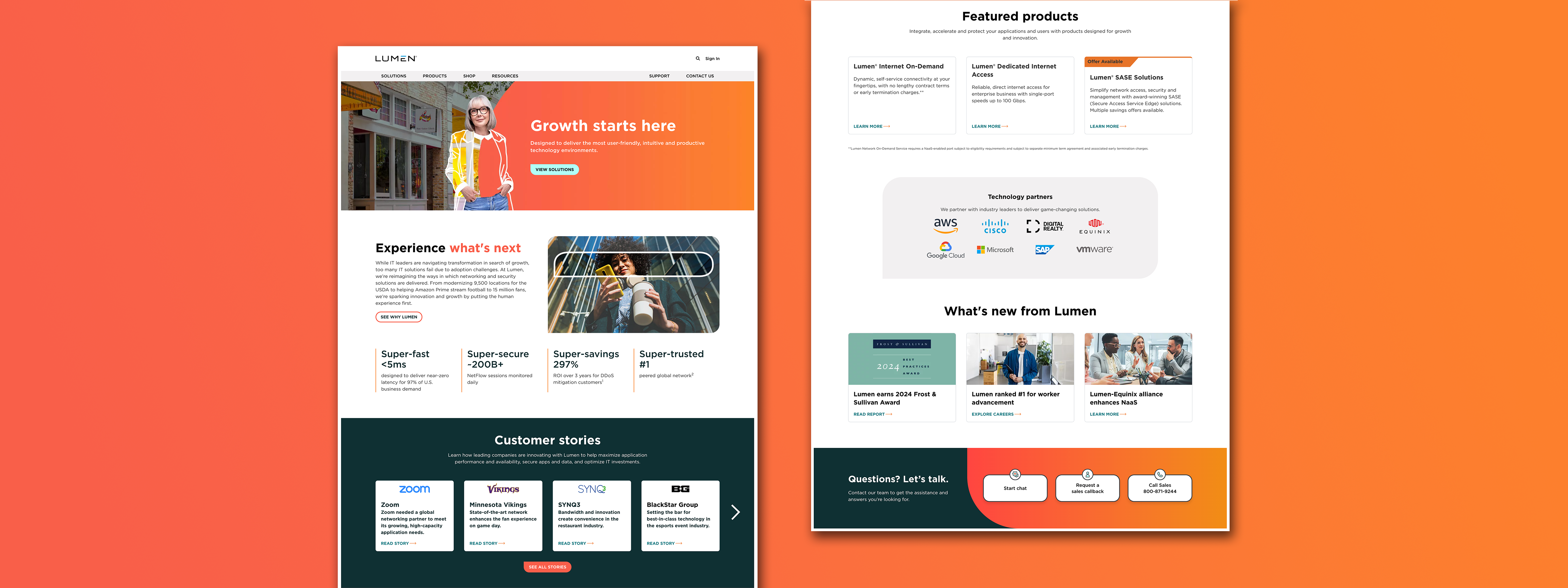Did That Catch Your Attention? Welcome to the False Marketing Trap.
By now, you’ve probably read about the MIT study. But here’s the reality: it did not claim ChatGPT makes you dumber. Yet the study went viral across all platforms—and our “trusted journalism” from favorite media outlets told us things like:
- Time: “AI like ChatGPT and Google Can Make You Worse at Learning, MIT Study Finds.”
- Washington Post: “ChatGPT May Hurt How the Brain Learns, MIT Study Suggests.”
- Axios: “MIT Study: ChatGPT Can Make Your Brain Worse at Learning.”
- Le Monde: “ChatGPT Use Significantly Reduces Brain Activity, an MIT Study Finds.”
On LinkedIn alone, there are already hundreds of posts with thousands of views and comments amplifying these misleading takes, many generating viral debates about “AI making us stupid.”
Why? Let’s go step by step.
The Reality of the Study
The MIT paper did observe changes in neural engagement during essay-writing tasks with AI assistance. Here’s what actually happened:
- Task: Write short essays on opinion-based prompts
- Conditions: Write essays alone; then write essays with ChatGPT assistance
- Measurements: EEG signals measuring alpha wave connectivity, interpreted as neural engagement and cognitive load
- Participants: 18 students
The results showed reduced connectivity when students used ChatGPT—indicating they were engaging differently, not that their brains were “damaged.”
What Could You Have Expected to Find?
Think about calculators: once invented, people’s mental math skills declined—but math itself exploded into new possibilities. Or the internet: we remember how to find facts, not the facts themselves.
More examples of tech shifting skills:
- GPS navigation: We’ve lost the ability to read maps or memorize directions—but gained instant access to anywhere on Earth.
- Spellcheck & predictive text: Manual spelling skills have declined—yet our ability to communicate quickly across languages and contexts has soared.
- Digital photography: We no longer master film exposure or darkroom techniques—yet we capture, edit, and share billions of moments instantly.
These are examples of technology shifting which skills matter, not evidence of collective cognitive decline.
The Authors Themselves Clearly Acknowledged the Study’s Major Limitations:
- Sample size of just 18 students
- Narrow task (essay writing only)
- Lack of peer review—preprint only
- No controls for participants’ prior proficiency with AI tools
- Limitations fully disclosed by the authors themselves
Read the author’s own LinkedIn clarification here.
Many People Jumped on the Bandwagon
- Opportunists: Sensationalizing the study to reinforce existing fears of AI.
- Neuroscientists: Offering nuanced, valid critiques—but losing the crowd at “peer review.” If scientific validity were how society actually worked, the church wouldn’t have tried to silence Galileo, our systems would unite to fight climate change, and individuals would prioritize mindfulness. But that’s not how it goes.
A Bold Look at the Media & Truth Today
What we’ve witnessed is a case study in how a nuanced scientific exploration can be twisted into clickbait within hours—fueling polarization, confusion, and fear. Our information ecosystem has become a battleground of headlines engineered for engagement, not accuracy.
This isn’t just about ChatGPT or MIT; it’s a cautionary tale of how truth becomes a casualty when media incentives favor speed and sensationalism over context and responsibility.
Another story we’ll look to address another day.
Beyond the Hype: The Real Questions We Should Ask
Instead of obsessing over whether AI makes us “dumber,” we should explore:
- How will AI reshape the way we learn, from childhood to executive education?
- How will it redefine meaning and autonomy—our sense of self, mastery, and agency in the world?
- We’ve heard it said that AI doesn’t have “taste”—and maybe it doesn’t, compared to those who’ve honed a craft. But what happens when an entire generation never learns the craft in the first place?
- What will this mean for business, hiring, partnerships, purchasing decisions, and trust itself?
If dating apps rewired thousands of years of human relationship patterns in just a decade—leaving now an entire generation of people who don’t know how to find a partner IRL (in real life)—it is no news that tools like AI, operating at every cognitive level, will reshape how we think, feel, and act.
This shift won’t be linear; it will ripple across society, economy, and culture—we know this.
But do we know how to prepare for it?
It’s a Bigger Societal and Governmental Issue—But Marketers, It’s Yours Right Now
Governments today are too often mired in conflict and outdated thinking.
Philosophically, marketers are modern-day culture and taste makers. They define the myths, stories, songs, and rituals that shape our societies—and with that comes the power to influence. Yet we wield this power more casually and on shorter timelines than ever before. Marketers are on the front lines of this transformation—shaping narratives, designing products, and influencing choices.
This is your domain.
If we don’t rigorously study, codify, and ethically guide these seismic shifts as they happen, we risk finding ourselves on the other side of the curve—unable to explain how we got here, with no way to undo the new divides we’ve created.
If brands iconic a decade ago don’t exist today, it’s only because they failed to move quickly enough to understand the shifting mindset and mindspace of people. The mind is changing faster than ever.
And if you’re spending most of your energy integrating AI—and your best solution to tackling this shift is asking AI how to tackle shifting mindsets because of AI? Great, good luck.
Forget ‘taste’—there goes reality as we know it.
A Legacy of Studying the Brain—And Why Marketers Need This Work Now
Since before I was born, Dr. Richard Silberstein has been working to unravel the mysteries of the brain. From inventing our proprietary and widely celebrated SST technology, earning countless accolades, contributing to foundational ADHD research, to even conducting the first-ever neuro measurement of parapsychological activity see the published paper here—our objective has always been to study neuronal correlates that may one day help build a model for consciousness itself.
Our work over the last 15 years with brands has essentially been a microcosm of this mission: studying media, marketing, and advertising to decode culture, and therefore, to understand people. We’ve studied thousands of brains, across 30+ countries, and amassed billions of data points spanning thousands of hours of media consumption—creating an unrivaled subconscious model for culture, its memories, relevance, and emotions.
We will continue to barge on—undaunted. But if you are a marketer who truly understands your craft, you know why we need this work today more than ever.
This is the moment for bold, conscious marketing leadership. Our highest vision of marketing is the collective, synergistic manifestation of the fundamental rhythm of civilized life. We demand this of ourselves, and we call on every company, every brand, and every person who supports them to join us in this process of co-creation.



